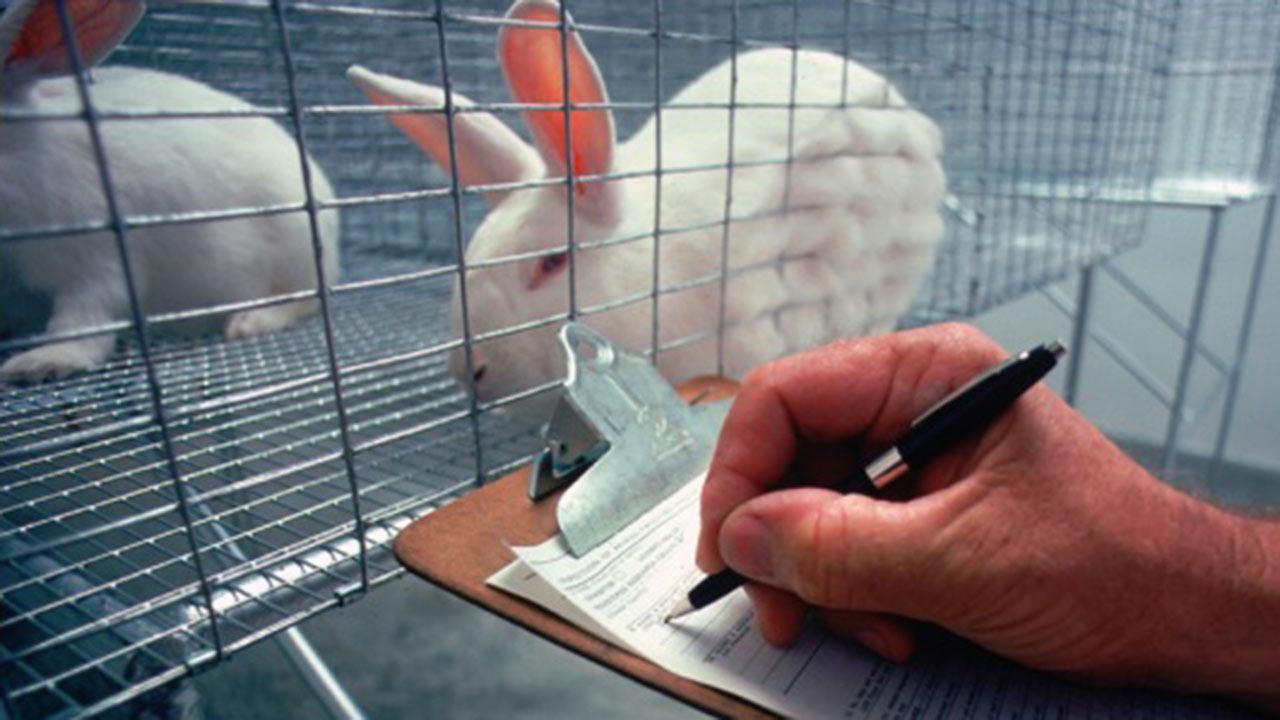01 July 2023 | Saturday | News | By NEWS SOURCE : https://iasscore.in

Image Source | Public Domain
New Drugs and Clinical Trial Rules (2023) has been passed by the Government of India which aims to replace the use of animals in research, especially in drug testing.
Key-highlights of the Amendment:
Clinical Trails module in India:
Need for new regulations:
New Drugs and Clinical Trial Rules (2019):
Technologies suggested as alternatives:
To avoid animal use for clinical trials, technologies can be used effectively which includes;
Possible Consequences:
The key challenges of clinical trials eased by technology are many.

© 2025 Biopharma Boardroom. All Rights Reserved.